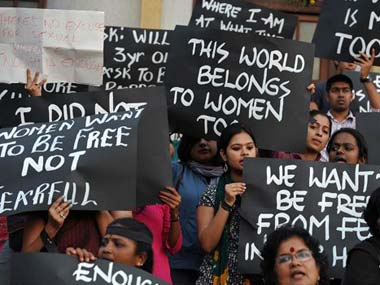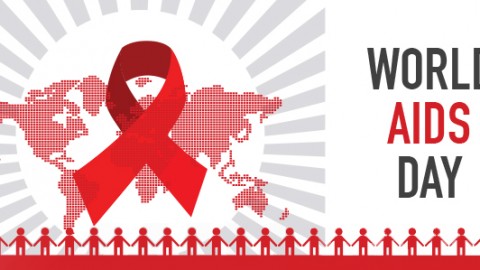Raise your voice. Don’t submit to exploitation. Be assertive. Oppose harassment. All these social guidelines and measures meted out to women for their protection in the most acceptable form have long been heard. But the Rohtak sisters put them to practice. What a commendable effort! The molesters rightly deserved it. But did the sisters deserve the treatment they  got from the perpetrators and more importantly from the co-passengers in the bus? My heart is engulfed by shame when I see the callousness of the people who simply stood there, watching. Not a single person stepped forward. Did none of them understand the gravity of the situation? Simply put, did none of them view those disgusting men as criminals? Did they not feel like supporting the women who were fighting for their right, who were fighting against crime? Even if they did, what held them back? And did it not cross the minds of anyone to merely try to stop the people involved as a part of their social responsibility to uphold peace and harmony? I mean, that’s the least they could do. I am not asking them to take sides, but just to stop a fight going on in front of their eyes. Is that too much to ask for?
got from the perpetrators and more importantly from the co-passengers in the bus? My heart is engulfed by shame when I see the callousness of the people who simply stood there, watching. Not a single person stepped forward. Did none of them understand the gravity of the situation? Simply put, did none of them view those disgusting men as criminals? Did they not feel like supporting the women who were fighting for their right, who were fighting against crime? Even if they did, what held them back? And did it not cross the minds of anyone to merely try to stop the people involved as a part of their social responsibility to uphold peace and harmony? I mean, that’s the least they could do. I am not asking them to take sides, but just to stop a fight going on in front of their eyes. Is that too much to ask for?
People talk about the responsibility of the government, the administration, the private companies, the this and the that. What goes wrong when the onus falls on you? What does it take to support the right? Why did no one come to the aid of the sisters? A psychological answer to this situation can be sought in the phenomenon called social loafing or diffusion of responsibility. It fundamentally means that whenever there is large number of people present in the case of any accident or crime or any gathering for that matter, the reason they do not come forward to help is because they think it’s not their responsibility alone and that someone or the other from the crowd will step up. The presence of other people reduces their responsibility and they simply take on the role of a by-stander.

Image: AFP
What the girls did was no doubt brave and long awaited. Most people rejoice at the fact that women are finally standing up for themselves and feel proud of the change that is setting in. But what worries me is this very attitude that takes it as a surprise, albeit a welcome one, yet a surprise. I ask, why? But weren’t women always supposed to be that way? Isn’t it the way it should have been happening all along? Wasn’t it always strange for women to be submissive? Why this sudden glorification of women’s prowess? I completely understand the depth from which women have sprung and the obstacles they had to overcome in order to reach the social position they acquire today and hence get the fact that women actually have to go to the extent of violence and aggression to make their point. And people feel elated though stunned when they come across such an instance as this method of taking a stance is seen as unbecoming of a woman. Now this is problematic for me.

Rani Mukerji in Mardaani
What response the men got from the sister is, I believe, a better punishment than any legal repercussion. Public humiliation serves as the best form of punishment. So what we can take from this incident is that women must act in the most powerful and strong manner whenever any kind of crime is carried out against them. Physical strength complemented with mental and psychological solidarity is weapon enough to combat exploitation. Stop being passive recipients of violence, instead, take your stand in the bravest form. This is the only way atrocities against women are ever going to come down because laws can only do so much. The only way it is.
Tags: Rohtak sisters








